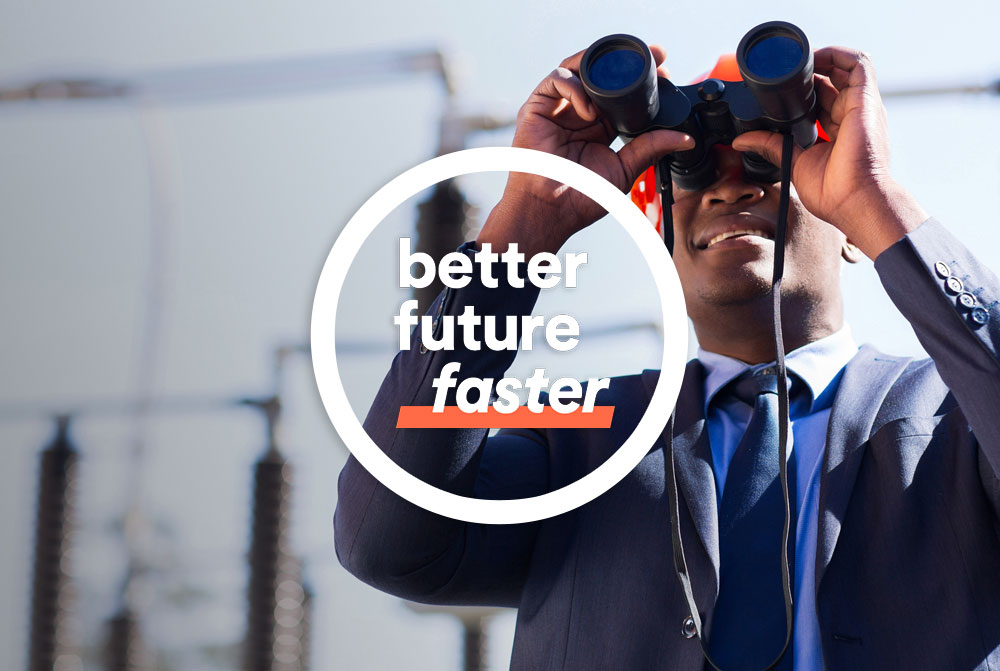Zero-Carbon Transition – Latest signals of change (23.10.20)
The We Mean Business coalition
Here are just some of the signals of change from the past week, demonstrating the transition to a resilient and inclusive zero-carbon future is accelerating.
Zero-Carbon Economy
Japan’s government is expected next week to commit to reducing greenhouse gas emissions to net zero by 2050, according to a leaked draft speech. New analysis, commissioned by the We Mean Business coalition and conducted by Cambridge Econometrics, shows that green recovery plans boost income, employment and GDP better than return-to-normal stimulus measures, with the added benefit of reducing emissions. Additional national briefings from CLG Europe shows how European countries can maximize the jobs benefits of green stimulus measures. EU environment ministers are set to agree this week to make the bloc’s pledge to be climate neutral by 2050 legally binding. EU Energy Commissioner Kadri Simson urged EU nations to stop subsidizing fossil fuels as they are undermining the bloc’s policies to tackle climate change. Nearly 60% of mutual fund assets in Europe will be held in funds that consider ESG factors by 2025, according to a new report. New Zealand’s climate-progressive Labour Party has secured a clear majority in the country’s general election. The B Team has launched a toolkit to help companies tackle misalignment with trade groups. And a new report from Ceres lays out recommendations for the banking sector to reduce exposure to climate-related risk.
Zero-Carbon Energy
Germany’s largest operator of coal-fired power plants RWE has committed to set a science-based target, along with Belgian grid operator Elia Group, while Australian power utility Diamond Energy Pty has had its target approved. Poland’s largest utility PGE has committed to becoming carbon neutral by 2050, unveiling a strategy to divest its coal assets. A cattle station in Australia is set to house the world’s largest solar farm, which will ultimately provide power to Singapore. And an aggressive push towards 100% renewable energy would save Americans as much as $321 billion in energy costs, according to a new report.
Zero-Carbon Transport
Honda has brought forward its end date for the production of cars driven purely by fossil fuels to 2022, from 2025. The Uruguayan representative of Hyundai Motor, Fidocar, has had its science-based target approved and joined the Business Ambition for 1.5ºC campaign. Electric cars will cost the same to make as conventional cars by 2024, according to new research. Half the on-street parking spaces in Paris are to be eliminated to make way for green spaces. And the UK’s HS1 has become the country’s first renewable-powered railway.
Zero-Carbon Built Environment & Industry
Danish building products group Rockwool Group has had its science-based target approved, while the largest real estate investment trust in Mexico, FUNO, has committed to set a science-based target, and Irish construction company John Sisk & Son has joined the Business Ambition for 1.5ºC campaign. Nestlé has partnered with Plastic Energy to develop the first commercial large-scale chemical recycling facility of its kind in the UK. Rio Tinto, Geocycle Canada and Lafarge Canada are working together to reuse waste from the aluminium smelting process to make cement.
Zero-Carbon Land Use & Natural Climate Solutions
Campbell Soup Company and Swedish confectionery company Cloetta AB have both committed to set a science-based target. Asda has announced its target of net-zero carbon emissions by 2040, to cut waste by 50% and having a net “regenerative impact on nature” no later than 2050. And the UK’s Woodland Trust plans to plant 50 million trees by 2025.

